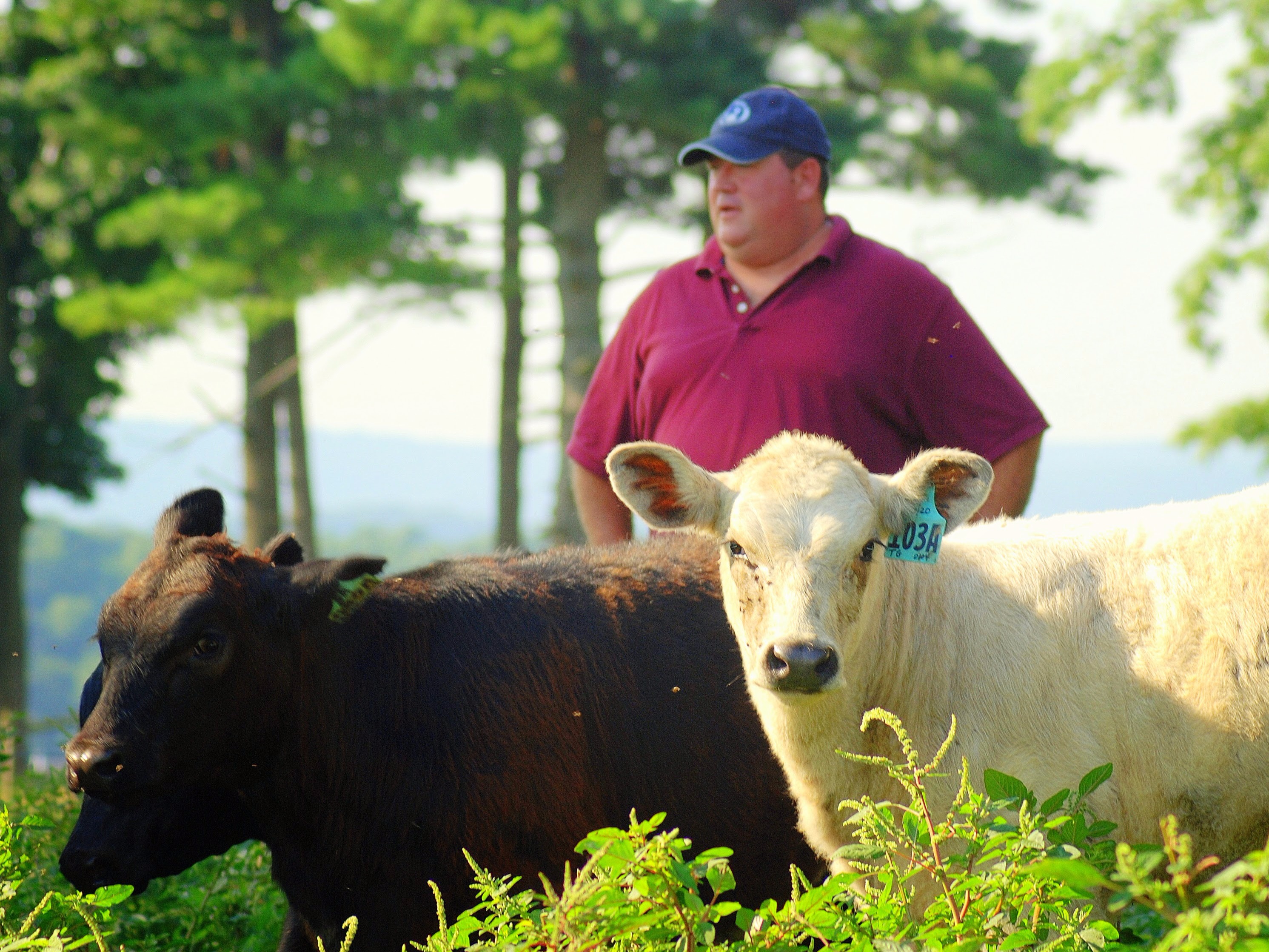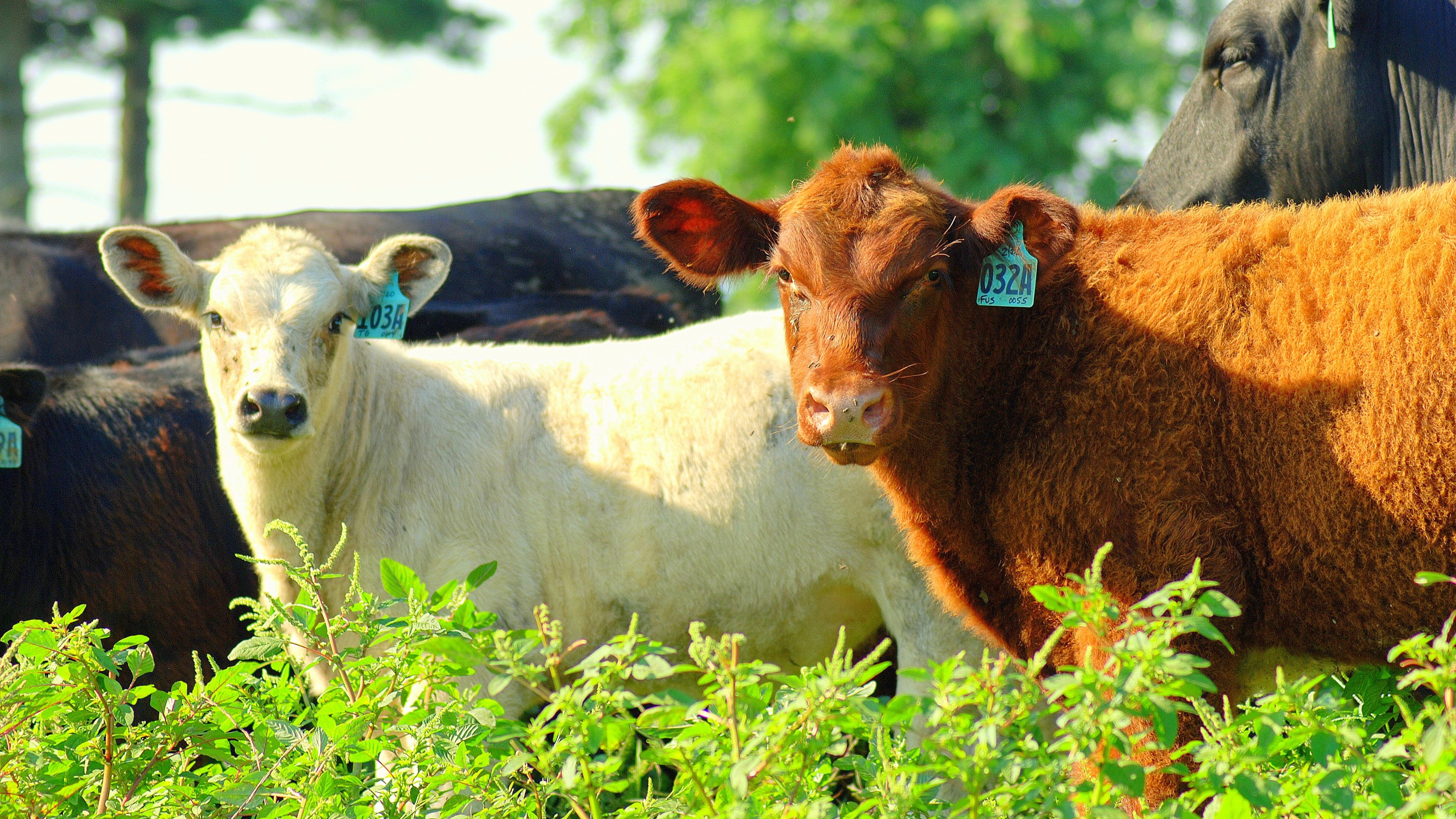
What is BQA?
Beef Quality Assurance (BQA) is a nationally coordinated, state implemented program that provides systematic information to beef and dairy producers and beef consumers of how common sense husbandry techniques can be coupled with accepted scientific knowledge to raise cattle under optimum management and environmental conditions. BQA guidelines are designed to make certain all beef consumers can take pride in what they purchase – and can trust and have confidence in the entire beef industry
The Pennsylvania BQA program has evolved to include best practices around good record keeping and protecting herd health, which can result in more profits for producers. When better quality cows leave the farm and reach the market place, the producer, packer and consumer all benefit. When better quality beef reaches the supermarket, consumers are more confident in the beef they are buying, and this helps increase beef consumption.

Principles of BQA
The principles of BQA are similar to those developed by Pillsbury for the quality control program for supplying food to the NASA space program. Their program, the Hazard Analysis Critical Control Point program (HACCP), gained USDA acceptance and is presently the outline for quality assurance programs in packing houses and processing facilities
HACCP is a process of determining what could go wrong, planning to avoid it, and documenting what you have done, with the additional step of validation and monitoring success. As of January 1, 2000, all livestock processing plants have developed HACCP programs according to USDA guidelines, which include foodborne bacterial pathogen control.
The Pennsylvania BQA program is designed to bring best management practices to the farm that, along with HACCP principles applied at harvest and processing facilities, will ensure a safe, wholesome, uniform-sized beef product for consumers.
Objectives of BQA
- Set production standard in your operation that can be met or exceeded.
- Establish systems for data retention and record keeping, which will allow validation of management activities and fulfill the program goal.
- Provide hands-on training and education for participants to meet or exceed the guidelines of the BQA program in order to realize the benefits of such programs.
- Provide technical assistance through your Cattlemen’s Association, BQA-certified veterinarians and BQA-certified University Extension staff. These individuals will be available for on-site assistance, if desired.
